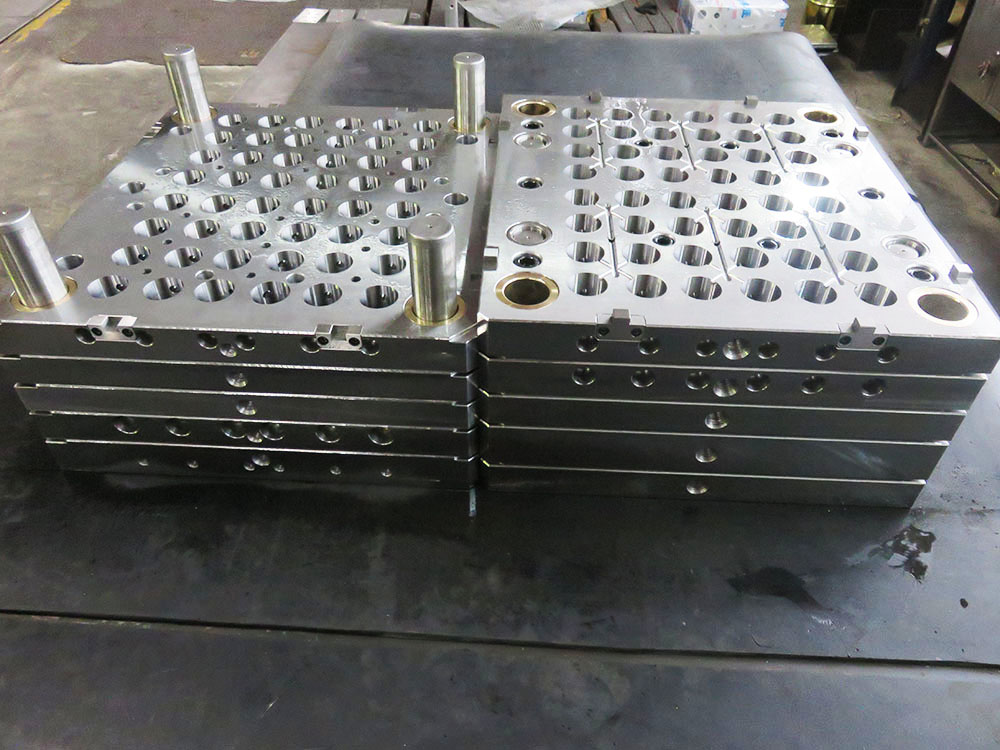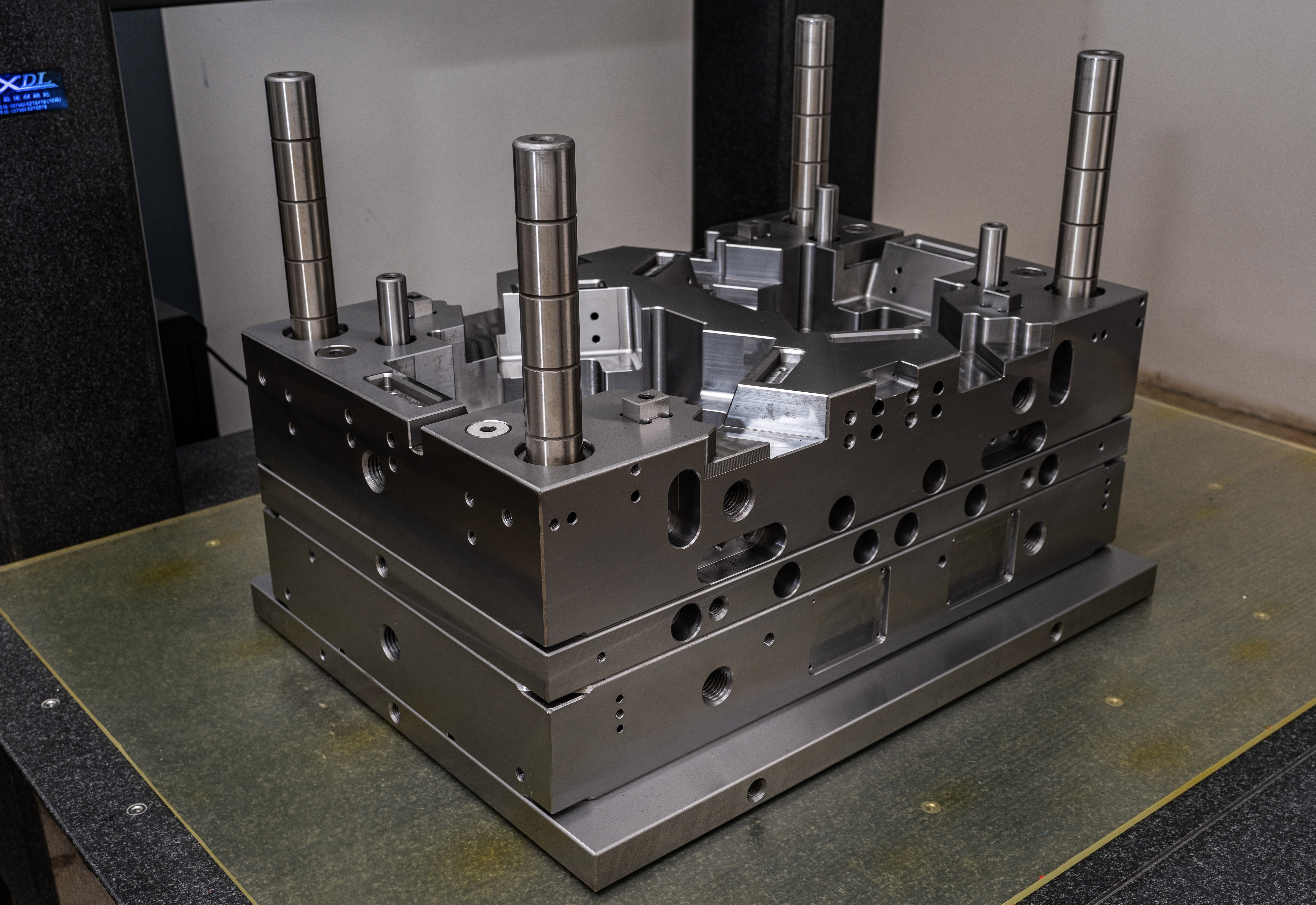The Role of Container Framework in the Mold Base Industry
In the ever-evolving world of manufacturing, efficiency and flexibility are key factors that drive the success of any industry. The mold base industry is no exception. With the increasing demand for complex and customized molds, manufacturers are constantly looking for ways to streamline their processes and improve productivity. One such solution that has gained traction in recent years is the use of container frameworks.
Serving as a foundation for the mold base, a container framework provides a structured and organized approach to mold manufacturing. It acts as a central hub for all the components and assemblies required to build a mold, ensuring that everything is easily accessible and properly organized throughout the production process.
One of the main advantages of a container framework is its ability to improve workflow efficiency. By having all the necessary components readily available, mold designers and engineers can reduce the time spent on searching for parts and materials. This results in faster mold production, increased productivity, and overall cost savings.
Another important aspect of a container framework is its role in promoting standardization within the mold base industry. Standardization helps manufacturers streamline their processes by establishing a set of predefined rules and specifications for mold design and construction. This, in turn, improves the overall quality of the molds while reducing the likelihood of errors or deviations from the desired design.
Container frameworks also play a crucial role in enhancing collaboration among different teams involved in the mold base manufacturing process. With a well-organized container framework in place, designers, engineers, and technicians can easily share and exchange information, ensuring that everyone is on the same page and working towards a common goal. This collaboration not only leads to better communication but also fosters innovation and problem-solving within the industry.
Furthermore, container frameworks can help address the challenge of varying customer requirements. In the mold base industry, customers often have unique specifications and demands for their molds. By utilizing a container framework, manufacturers can quickly adapt to these requirements without significant disruptions to their production schedule. This adaptability allows for greater customer satisfaction and fosters long-term relationships.
It is worth mentioning that the use of container frameworks in the mold base industry is not without its challenges. Designing and implementing an effective container framework requires careful planning, coordination, and investment in software and hardware solutions. Manufacturers must also train their employees on the proper usage and maintenance of the framework to ensure its full potential is realized.
Overall, container frameworks have emerged as an invaluable tool in the mold base industry. Their ability to streamline processes, promote standardization, enhance collaboration, and adapt to varying customer requirements has revolutionized mold manufacturing. As the industry continues to evolve, it is expected that container frameworks will play an even more significant role in shaping its future.




